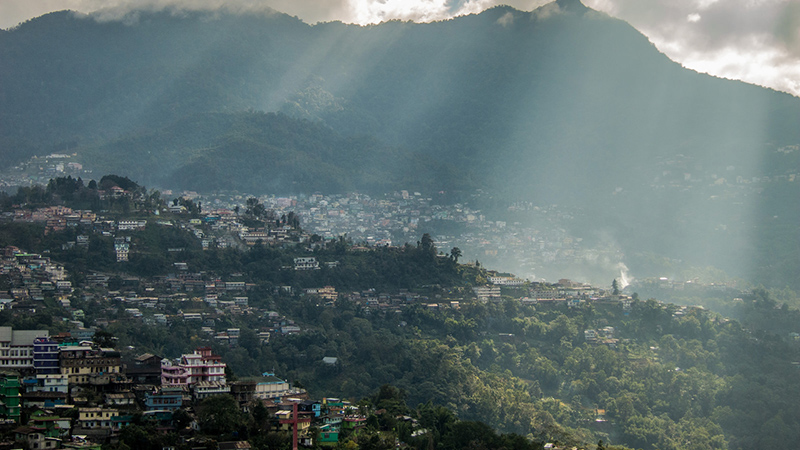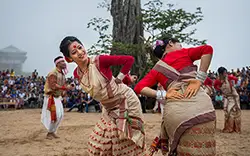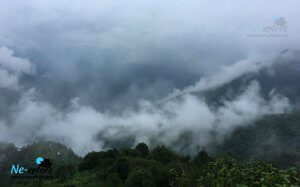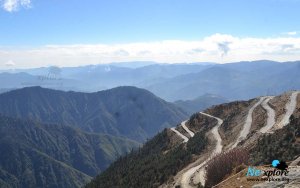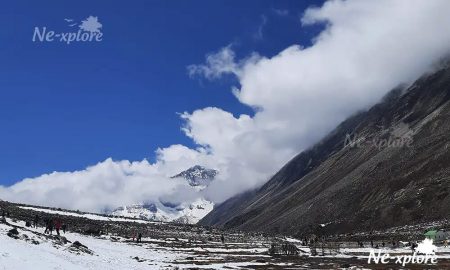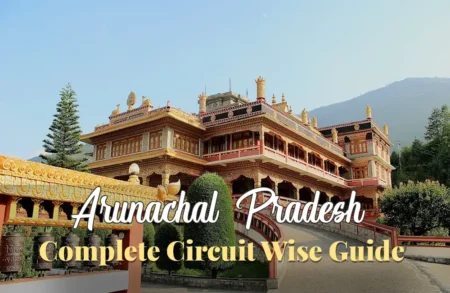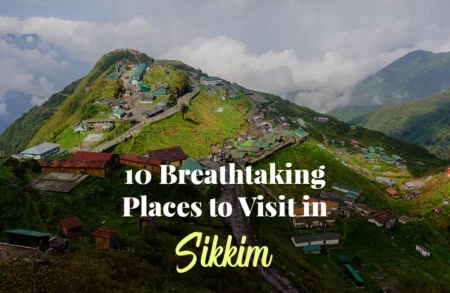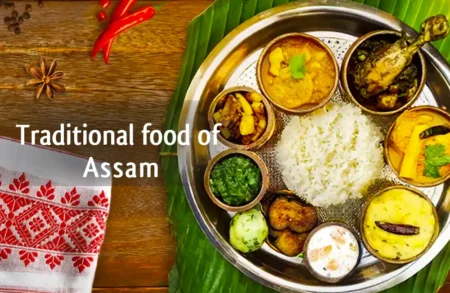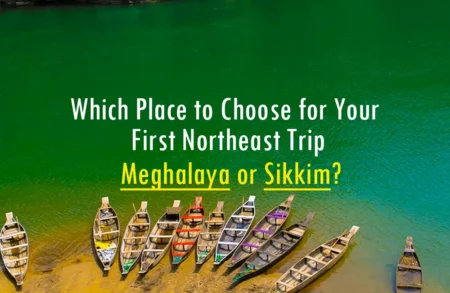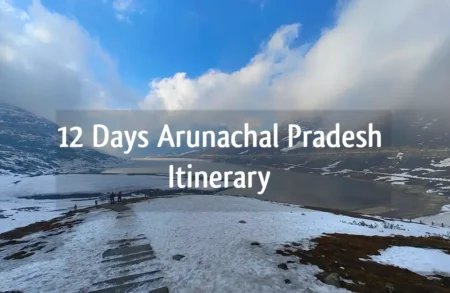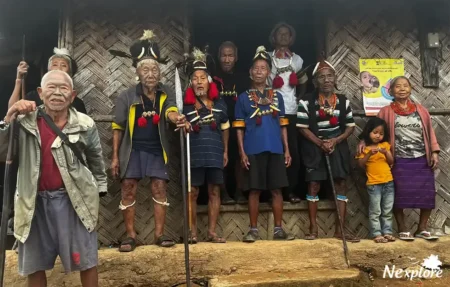Travelling across the ranges and the tribal hamlets of the North-eastern state of Nagaland, seeing the state rejoice and make a splash of colors in their famous Hornbill festival, one would feel as if belonging to another land caught in a time warp. As a traveler, you would rather feel like going deeper into the denser part of Meghalaya and Nagaland to the extreme end where nature is left in its pristine form even now.
Kohima is the capital city of Nagaland, and to reach it, you would have to alight at Dimapur airport and then hire a cab to drive you to Kohima. Though I had read a lot about Nagaland and how it still had the last of the surviving Naga tribes, I was not expecting anything much.
An off-beat trip in Kohima:

But the moment I reached Kohima after a long drive, by late noon, I decided to visit the Kisama Heritage Village since what can be the best way to see a state than during its most popular festival. To know how Hornbill festival is celebrated and to have a glimpse of the variety of beaded jewellery worn by different tribes, and even to have a look at the tribal way of life, my visit to the Heritage village was a great move.
Naga culture could also be seen at the Kohima museum and this is one place that has preserved some of the ancient art pieces and describes best the history of the state of Nagaland and its different Naga tribes in details.
Indulging in some sumptuous Naga Dinner:

With sun setting down the horizon, I decided to end my evening by diving into some of the authentic Naga food. My friends and I trooped to the Naga bazar in Kohima that has a few proper restaurants serving traditional Naga food. Being a vegetarian, it might be difficult to find much to eat in Nagaland, I had been warned, but the non-vegetarian friends who went along, did not waste time in indulging in some of the finest fermented bamboo shoots with pork or fish. Axone or sun-dried and salted soya is used commonly in the dishes along with spicy meat-based delicacies.
Do not miss out on having a swig of the local beer Zouthou, which is made of rice before you call it a day or rather a very eventful evening in Kohima. You may stay there overnight before setting off for more of sightseeing or day trips to other hilly towns and exploring more of the verdant valleys of Nagaland.


